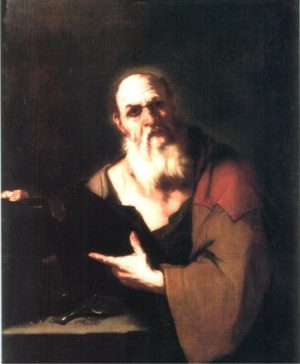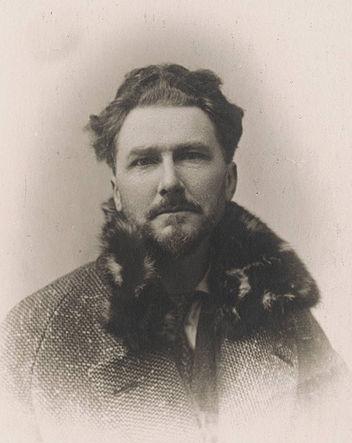Plato's Dialogues: Ion
Last month we talked about Homer, so it’s good timing that Plato is now giving us a chance to talk to Homer’s greatest interpreter, Ion. Who’s Ion? He’s a rhapsode and Socrates’ interlocutor in his shortest dialogue called, well, Ion. We know he’s the greatest because he says so himself, after telling Socrates about winning a contest in Epidaurus:
I judge that I, of all men, have the finest things to say on Homer, that neither Metrodorus of Lampsacus, nor Stesimbrotus of Thasos, nor Glaucon, nor anyone else who ever lived, had so many reflections, or such fine ones, to present on Homer as have I.

